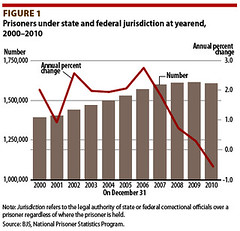Herman K. Trabish wrote for Green Tech Media 22 February 2012, The Nuclear Industry’s Answer to Its Marketplace Woes: Construction Work in Progress (CWIP) financing shifts the risks of nuclear energy to utility ratepayers,
A sign of the nuclear industry’s difficult situation in the aftermath of Fukushima is a proposal before the Iowa legislatureAnd the Iowa Utilities Board staff agreed with Cooper and recommended against CWIP.that would allow utility MidAmerican Energy Holdings, a subsidiary of Warren Buffett’s Berkshire Hathaway, to build a new nuclear facility in the state using Construction Work in Progress (CWIP) financing (also called advanced cost recovery).
“Construction Work in Progress was intended to circumvent the core consumer protection of the regulatory decision-making process,” “Investment in nuclear power is the antithesis of the kind of
investments you would want to make under the current uncertain conditions,” explained nuclear industry authority Mark Cooper, a senior fellow for economic analysis at Vermont Law School’s Institute for Energy and the Environment. “They cannot raise the capital to build these plants in normal markets under the normal regulatory structures.”
CWIP would allow the utility to raise the money necessary to build a nuclear power plant by billing ratepayers in advance of and during construction.
“Construction Work in Progress was intended to circumvent the
core consumer protection of the regulatory decision-making process,” Cooper explained. “It exposes ratepayers to all the risk.” The nuclear industry’s answer to its post-Fukushima challenges, he said, “is to simply rip out the heart of consumer protection and turn the logic of capital markets on their head.”
His message to policymakers is simple, Cooper said. “This is an investment you would not make with your own money. Therefore, you should not make it with the ratepayers’ money.”Meanwhile, in Georgia: Continue reading









